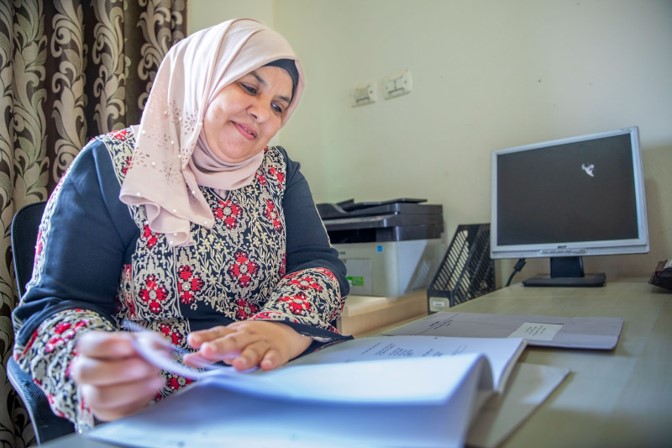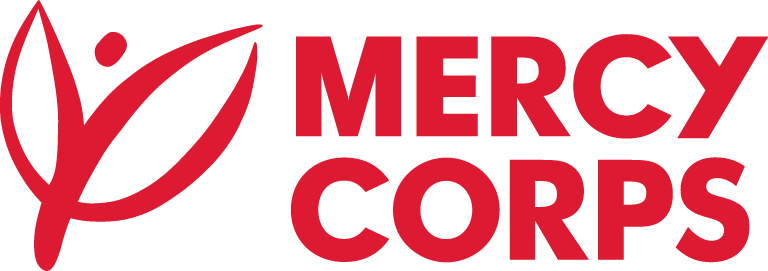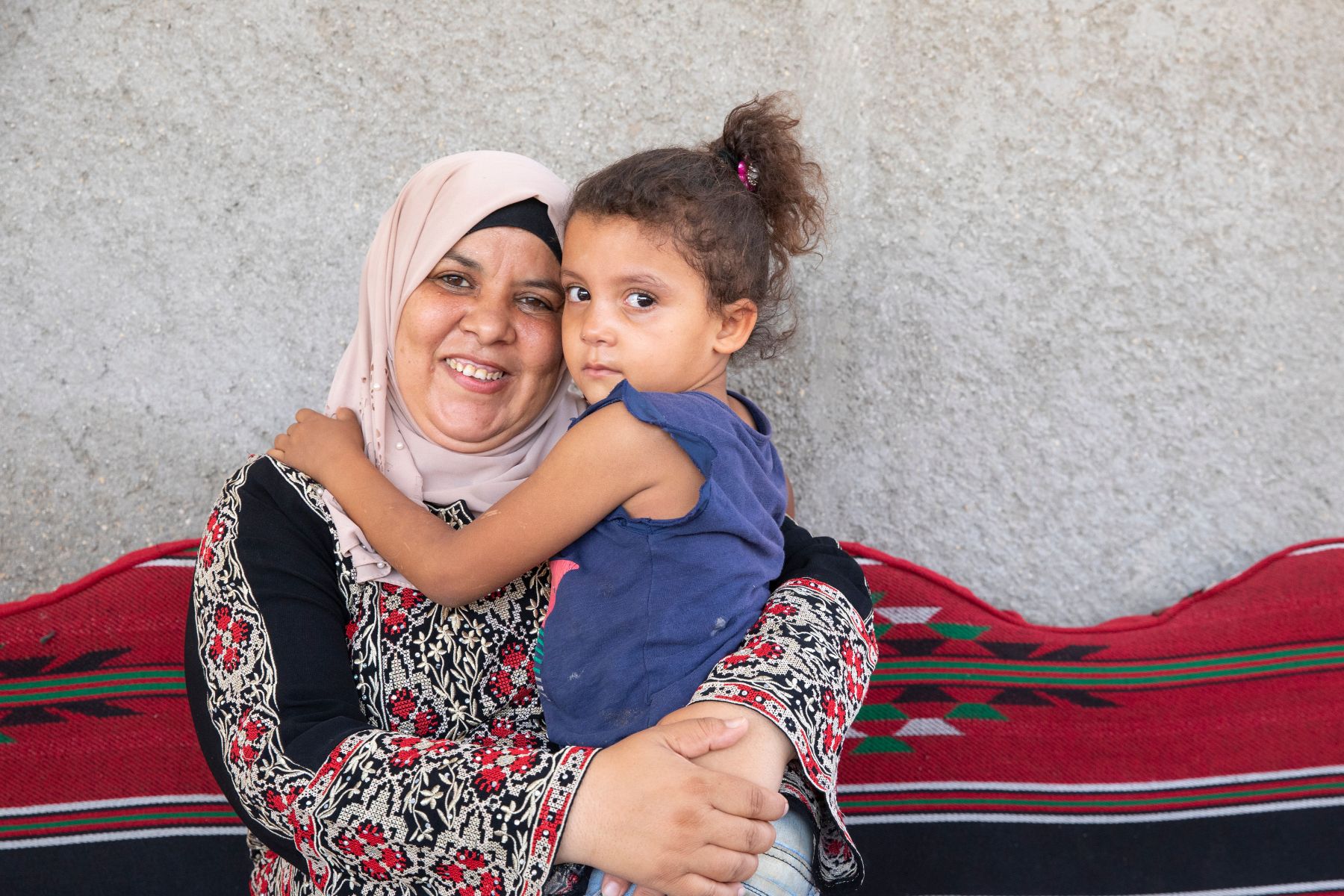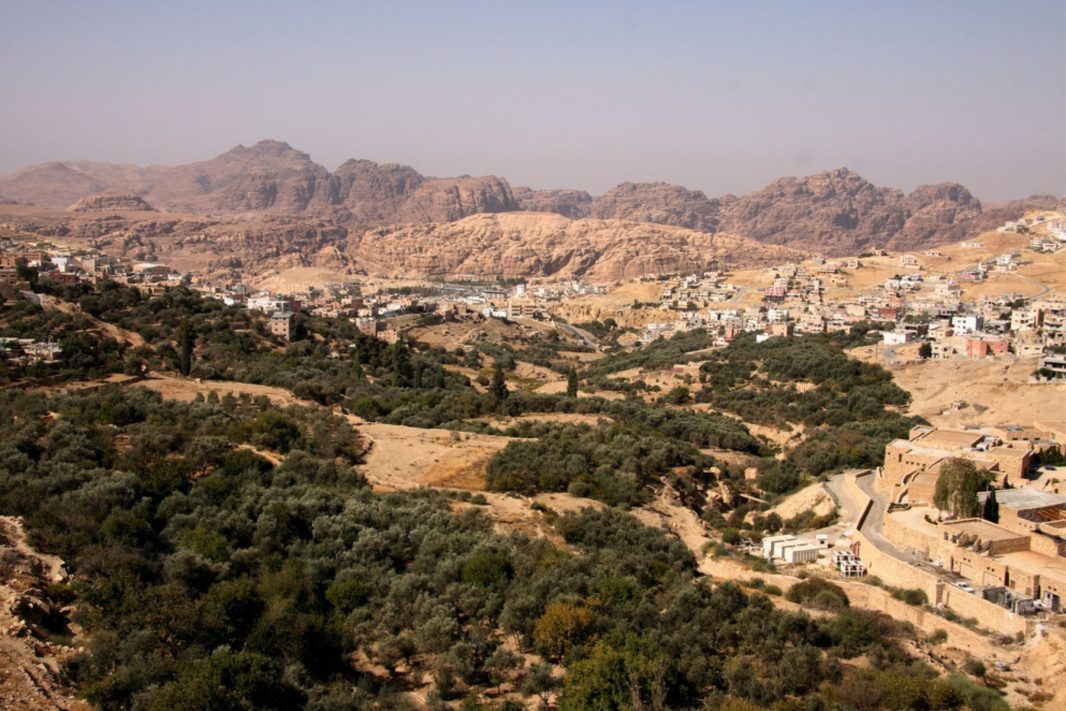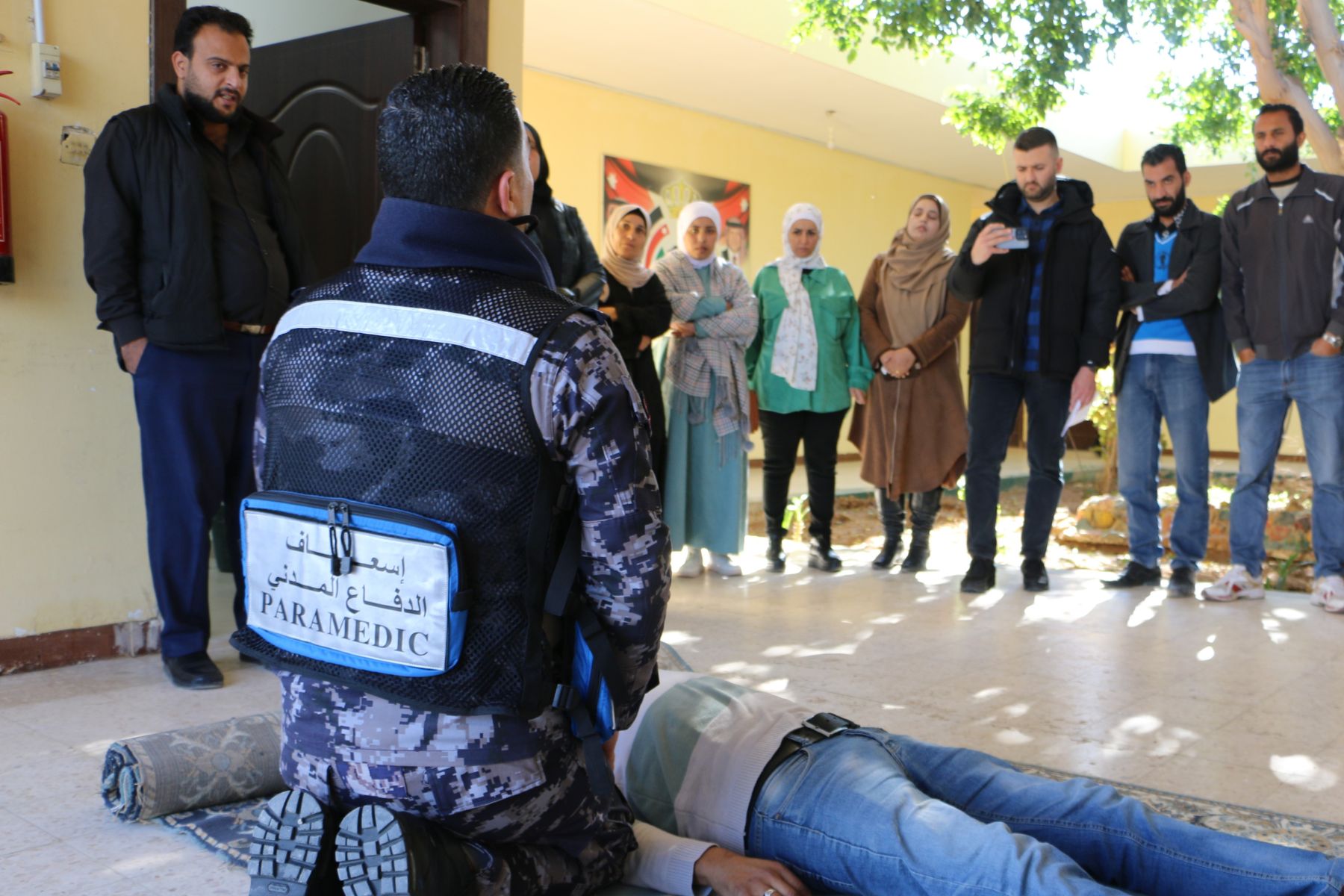Our impact so far
Jordan faces various natural hazards, notably flash floods and heatwaves, attributable to its geographical positioning and arid climate. Flash floods, prevalent during the rainy season, particularly affect areas lacking adequate drainage systems, causing destruction to infrastructure, residences, and agricultural fields, with resultant loss of life and economic setbacks. These hazards collectively pose significant impediments to Jordan's developmental trajectory, infrastructure stability, and socio-economic prosperity, necessitating proactive measures for both mitigation and adaptation. Moreover, heatwaves are exacerbated by Jordan's arid climate, exerting adverse impacts on agriculture and water resources. Elevated temperatures contribute to decreased crop yields, heightened water demand for irrigation, and strain on energy resources due to increased cooling needs magnifying heatwave impacts by elevating temperatures in densely populated areas with extensive concrete and asphalt surfaces.
Mercy Corps Jordan collaborates closely with local governments and communities to enhance resilience and adaptability to climate change. Our strategy focuses on community involvement and evidence-based advocacy, aiming to strengthen disaster risk management locally and influence national policies for comprehensive disaster risk reduction and climate change adaptation. Through knowledge sharing, advocacy, and research, we empower communities with climate risk awareness, inform government decisions, engage the private sector, and inform development partners and donors to prioritize climate resilience in their funding streams for greater impact. Mercy Corps Jordan will work in five communities in both urban and rural areas: Mlaih in Madaba with a population of 9,833, Dieban in Madaba with a population of 8,493, Wadi Musa in Ma’an with a population of 13,877, Shobak in Balqa with a population of 5,070, and Azraq in Zarqa with a population of 20,185.
The future
Going forward, our goal is to enhance the resilience of vulnerable communities in Jordan so they are protected by the adverse effects of floods and heatwaves. We will do this by enhancing the implementation and enforcement of climate change adaptation and disaster risk reduction policies at the local and national levels. We will also work towards cultivating an enabling environment that fosters climate risk-informed development in Jordan.


